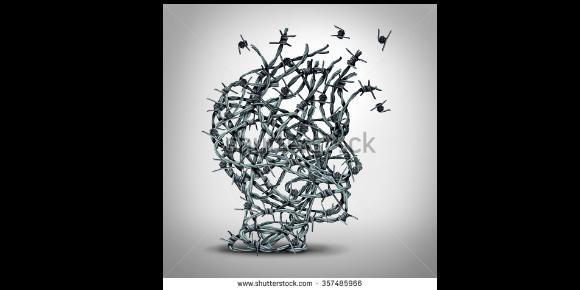
Like many of you, I first read the news about the terror attacks in Nice, France while scrolling through my social media feed. The reactions of my family, friends, clients, and colleagues range from emotionally numb to intensely fearful. It certainly begs the question, how do we function in a world where it seems as though we’re inundated with actions, stories, and images of senseless violence? I hope the following guidelines are a helpful place to start.
- Limit your media exposure. This one cannot be stressed enough! Particularly in the hours and days after a terror attack or mass shooting, the media will have little to offer but speculation and graphic images. Also, consider reading your news rather than watching more sensational/graphic videos.
- Stick to your routine. It’s normal in the immediate aftermath of a tragedy, to consider altering your routine in some way. Perhaps, I should start driving to work rather than taking the bus? Perhaps I should stay home tomorrow rather than going to that parade? Please consider that the more you start doing this, the more reinforced the cycle of fear becomes. You eventually convince yourself that avoidance is how you keep yourself safe, which leads to more avoidance, which leads to more fear.
- Be mindful of the facts! More people present to my office with fears of flying than fears of being in a car, while statistically, flying is much safer than driving. Why is this? We, as humans, use different mental short cuts to aid in our decision making, known as heuristics. The availability heuristic causes us to make decisions based not on statistical analysis, but on the ease with which our minds are able to access information. Therefore, we overestimate the likelihood of being victims of a terrorist attack or mass shooting. It is important to remember that statistically, the odds of being hurt or killed in a terror attack in the United States are still quite low.
- Combat feelings of helplessness by contributing. Sitting on your couch, scrolling through social media with CNN on in the background, it’s rather easy to become overwhelmed and think that you are helpless in the face of these events. Making a contribution to society in these moments will help you to realize that you can make an impact, and that even small impacts matter. Help a friend, volunteer at a soup kitchen, walk dogs at an animal shelter, donate to the red cross; the possibilities are limitless.
- Accept your feelings, and know when it’s time to seek professional help. It’s typical in the days and weeks following an attack to feel more fearful and sad. It’s important to not judge these reactions. Conversely, if these feelings are persistent, begin to interfere in your life, and/or if you have thoughts about hurting or killing yourself or others, it’s time to seek professional guidance. Help is available 24/7 by calling the National Crisis Hotline at – 1-800-273-TALK (8255), and the Crisis Text Line, by texting START to 741-741.
I will leave you with one of my favorite quotations from the always relevant, Mr. Rogers; “When I was a boy and I would see scary things in the news, my mother would say to me, look for the helpers. You will always find people who are helping.”
Dr. Scrivani specializes in the treatment of anxiety and related disorders, and provides tele-mental health services to residents of New York and Florida. Call (888) 535-5671 or email drjana@itherapymail.com.